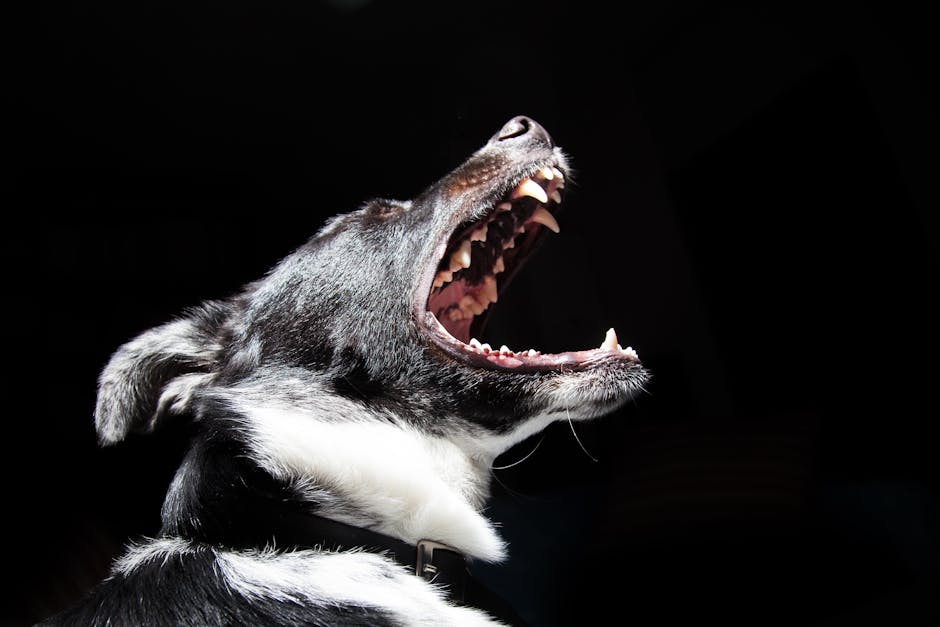
Is your dog angrier than usual? Many people either overthink their dog's aggression or not consider it enough. Aggression is a natural behavior in most canines. There are many ways to prevent your dog’s aggression from escalating. Here are the signs of true dog aggression.
Let’s first ask the question: what is aggression? According to the ASPCA, the term “aggression” refers to a wide variety of behaviors that occur for a multitude of reasons in various circumstances. Virtually all wild animals are aggressive when guarding their territories, defending their offspring and protecting themselves. Species that live in groups, including people and dogs, also use aggression and the threat of aggression to keep the peace and to negotiate social interactions.
#1 Growling
This is a basic sign every pet owner should look out for. See how your dog reacts when meeting new people or other animals. It is a defense mechanism and dogs will do it until the “threat” goes away. Your dog could attack if anyone touches him or gets near him. If you have a trainer, let them in on this as well.
#2 Nipping & Snapping
Dogs usually do not go in for the full bite or attack without some kind of warning sign. Growling counts as this. Dogs usually nip, snap, or lick at people they do not know. Once they begin growling, you know there is a problem. These bites can get worse and cause serious damage, so always be aware of your animal’s surroundings.
#3 Biting
Bites can vary from little nibbles to full on attacks. For example, these are the signs you should be aware of when it comes to biting:
- Quick bite that tears the skin
- Bite with enough pressure to cause a bruise
- Bite that causes puncture wounds
- Repeated bites in rapid succession
- Bite and shake
Always Work with Your Veterinarian
Some aggressive dogs behave the way they do because of a medical condition or complication. In addition to acute painful conditions, dogs with orthopedic problems, thyroid abnormality, adrenal dysfunction, cognitive dysfunction, seizure disorders and sensory deficits can exhibit changes in irritability and aggression. Geriatric dogs can suffer confusion and insecurity, which may prompt aggressive behavior. Certain medications can alter mood and affect your dog’s susceptibility to aggression. Even diet has been implicated as a potential contributing factor. If your dog has an aggression problem, it’s crucial to take her to a veterinarian, before you do anything else, to rule out medical issues that could cause or worsen her behavior. If the veterinarian discovers a medical problem, you’ll need to work closely with her to give your dog the best chance at improving.
For more information regarding this topic, please call us at 602-559-9600.


